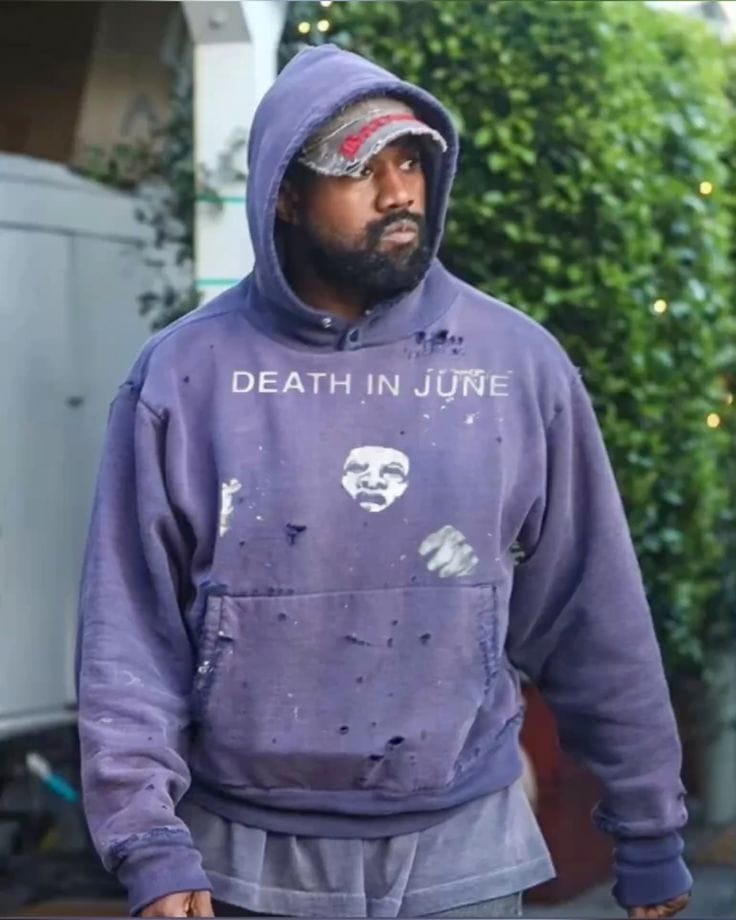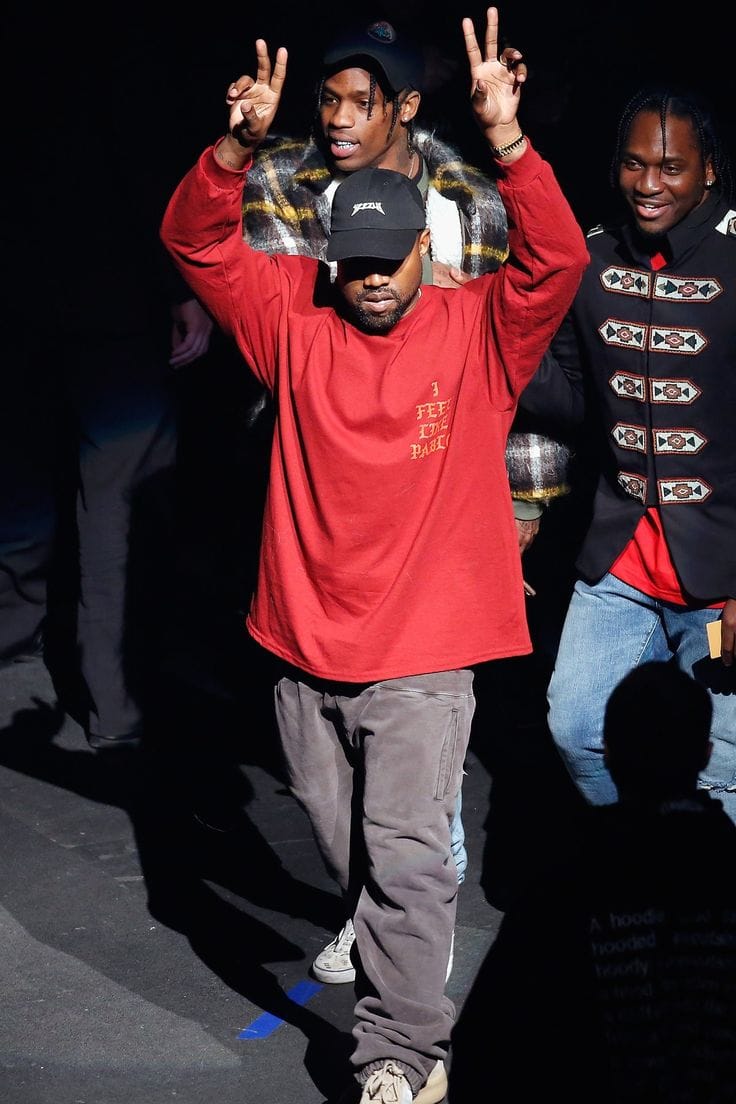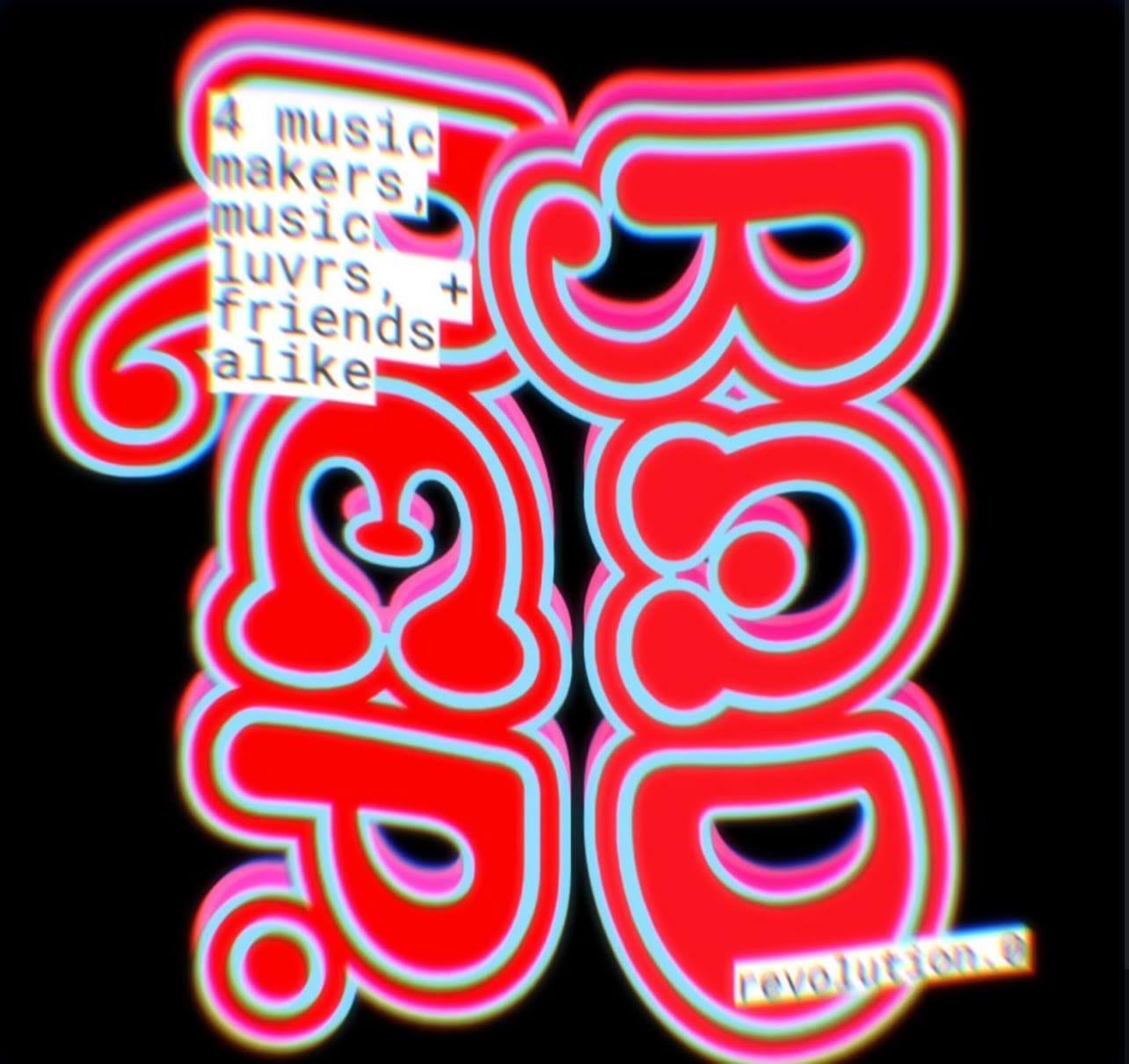Kanye Style Apology: Elegy for the Uncanceled with latest release BULLY

Bully feels like a haunted drawing in black and white, a return to Kanye’s early vulnerability but filtered through post-collapse wounds. The album arrives alongside a short film directed by Hype Williams, in which Saint West fights literal wrestlers—symbolic heirs to his father’s relentless inner battles in which Saint West fights literal wrestlers—symbolic heirs to his father’s relentless inner battles ocassionally louder, but never unguarded. Half of the vocals are synthesized with AI—a disquieting layer of distance that mirrors emotional fragmentation. Still, the production harks back to 808s & Heartbreak and MBDTF, with patient soul samples and intimate looped themes
He croons, auto-tuned, at his most confessional, like a man airing his panic through prayer. As a listener, you feel both invited and watched—an uncomfortably intimate duality. Bully lives in that tension: formality and unraveling in the same breath.
The opening track, Preacher Man, sets the tone: minimalist percussion, spare chords, Kanye’s lyrics tilting between reverence and defiance. He raps about celebrity’s hollow altar, the unseen cost of being watched. You can almost feel the static around his words. It’s intimate in a way that forces people to lean forward. The film frames him through his son—Saint becomes the champion of his broken lineage en.wikipedia.org. That framing is no coincidence—it’s symbolic fieldwork in fatherhood and legacy. Kanye isn’t just making a song, he’s casting a spell. The tension between tradition and rebellion hums beneath every line. You know this album is as much about what went unspoken as what’s sung.
Beauty and the Beast lands like a confession disguised as a love letter. Its downtempo soul sample is elegant, lonely—ghosts between notes . Kanye’s vocal is measured, less anger, more heartbreak. He positions himself as both forbidden prince and admired outcast. The track’s inclusion of a Mad Lads sample nods to 60s soul—an era of raw authenticity transformed through time . That shifting era echoes his own journey: from golden child to culture fraught. His voice registers neither triumph nor defeat, but quiet emergence. You can feel the lineage and the fracture in each bar. It’s a lover’s requiem and a prayer of self-discovery in one.
The AI vocals are a feature, not a gimmick—they’re emotional dislocation made audible. Kanye knowingly splits himself into parts: human and algorithm, father and brand, past and future
In context, it feels like self-obfuscation—a guard in digital armor. But it also forces listeners inward, to feel him through spaces, not just sound. That distance is warping—like watching an old tape through cracked glass. It’s both unsettling and clarifying: he’s here, and also absent. That duality crystallizes the heartbreak of Bully: presence that hides vulnerability. The album becomes a ritual of exposure through concealment. And in that paradox lies its emotional gravity.
Production across the album is stripped but not spare—the orchestration is surgical, rifts of sound that feel like cut veins. Samples creep in behind drones, choir stabs, and sub-bass that shakes your chest. The sparse placement feels intentional: leave space for meaning. It recalls the pacing of 808s but with deeper emotional maturity. Even the shortest track lingers—no filler, only atmosphere. It’s an elegy structured as a pop record. You sense gulf-lines between beats, where his thoughts could still cross. That restraint feels spiritual, not performative. He’s chosen to leave silence in the mix, and it screams louder than any hook.
The accompanying film, with Saint West wielding a plastic mallet, is playful and menacing—a child wrestling adult ghosts gq.com+1en.wikipedia.org+1. It mirrors the album’s divide: innocence under siege. That see-saw feels like emotional choreography. Watching Saint fight absurd opponents feels symbolic: future lineage defending ancestral failures. Kanye’s casting of his son as hero is both tender and defensive. It’s a field protocol that says: I’m not gone—this is my code. And yet, human vulnerability seeps through. The visuals and sounds feed each other, a loop of father and son wrestling legacy. It’s not just cinematic—it’s spiritual framework.
Lyrically, Bully is terse and potent. Kanye skips long soliloquies for pointed echoes: production becomes punctuation. When he raps lines like “celebrity is a church,” it lands with structural power. Every phrase is heavy-loaded—like a sermon fragment. That brevity feels both self-protective and radical: he trusts the gaps to carry meaning. Rarely does he shout. He whispers, and we lean. Even the AI voice underscores that the message matters more than the messenger. In Kanye’s code, truth doesn’t need volume—it needs clarity. And that clarity emerges in desert poems, not stadium anthems.
Contextually, Bully arrives after public meltdowns, hate controversies, brand collapses—and yet it feels divorced from shock cycles . It’s not a reaction record—it absorbed reaction. Its power lies in calm excavation. Kanye isn’t defending himself. He’s excavating what remains. It’s an emotional detox for a field overwhelmed by spectacle. Though he might have plotted chaos, here he codes calm. That turn is both surprising and expected—it’s the quiet after the storm. Listeners come for drama, but stay for ceremony.
If judged on legacy alone, Bully feels like the most potent Kanye has done in a decade . Not his strongest commercially? Maybe. But emotionally, he’s carved an opening. The album doesn’t rely on features; it’s almost monastic. That’s intentional. He’s centered himself in his own orbit again. There’s no attempt to appease or shock. He’s in conversation with himself—and with us as witnesses. That’s radical in a world built on projection.
Bully is Kanye West at his most spiritually cluttered and emotionally lucid point. It’s a bookend and a new beginning. He doesn’t erase past trauma; he threads it through with care. The album asks questions without answers. It places legacy against innocence, presence against performance, AI against soul. It loves its contradictions. It unsettles first, then invites. For Cailey-coded listeners, it’s a mirror: messy, reflective, necessary. And with that, Kanye delivers his most elemental album of rebirth.

